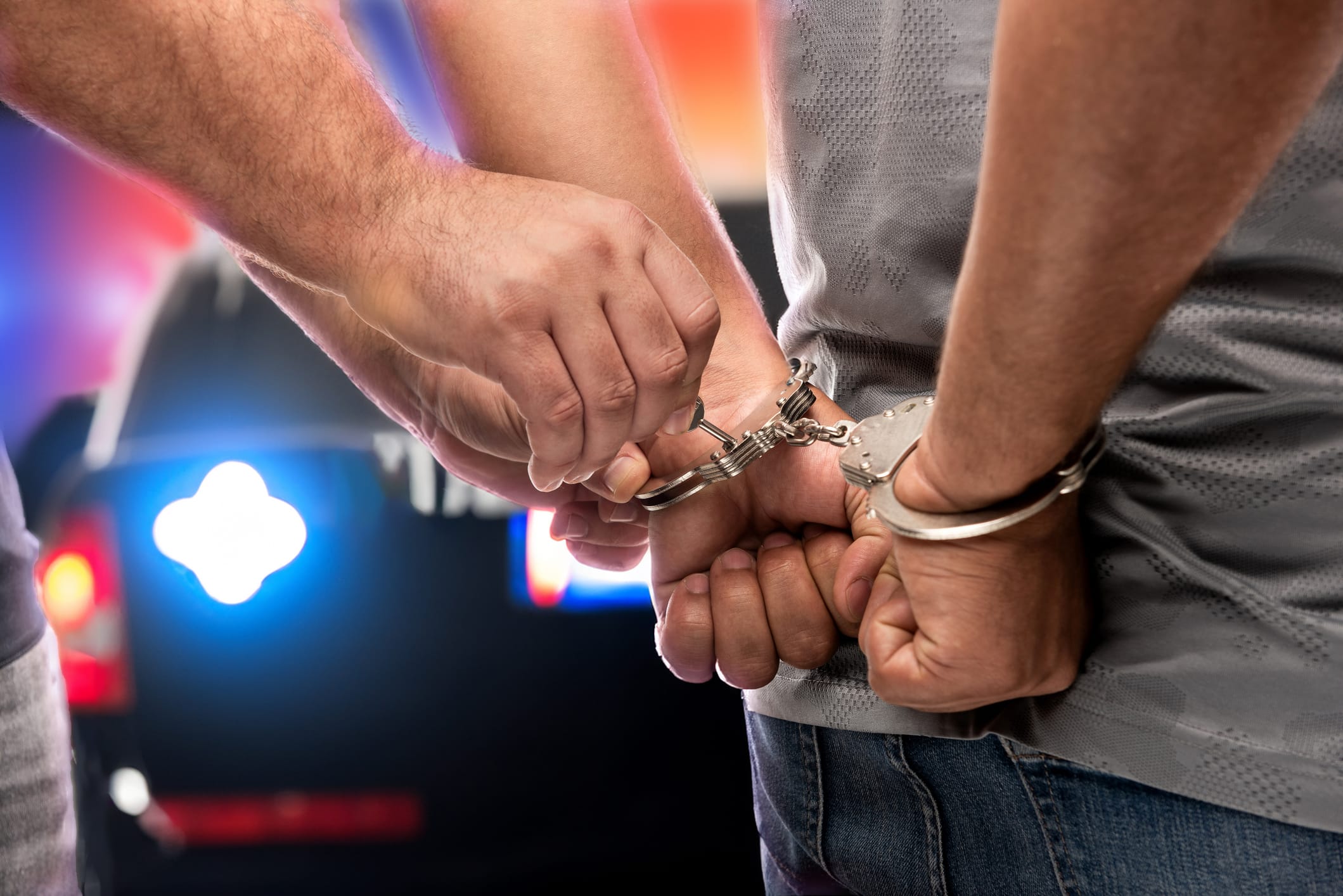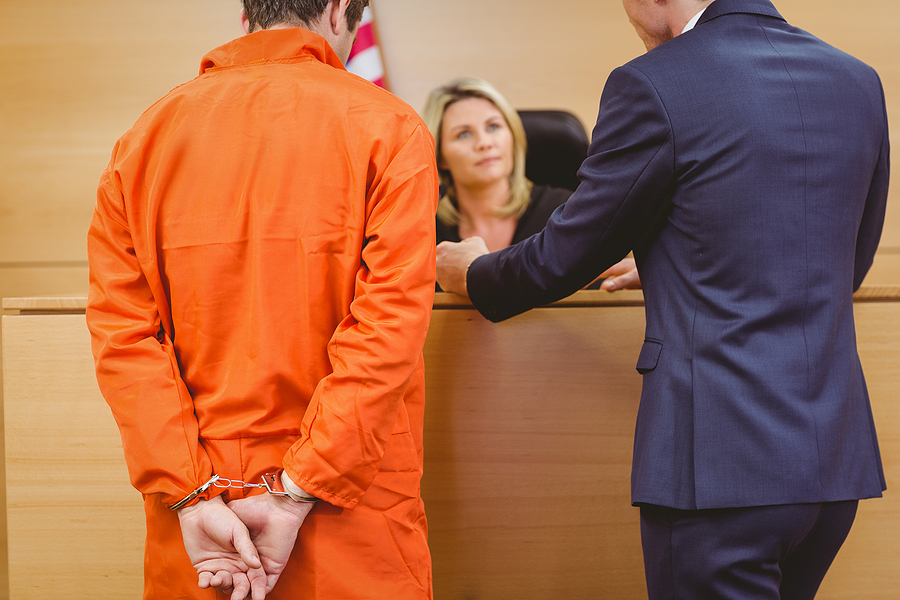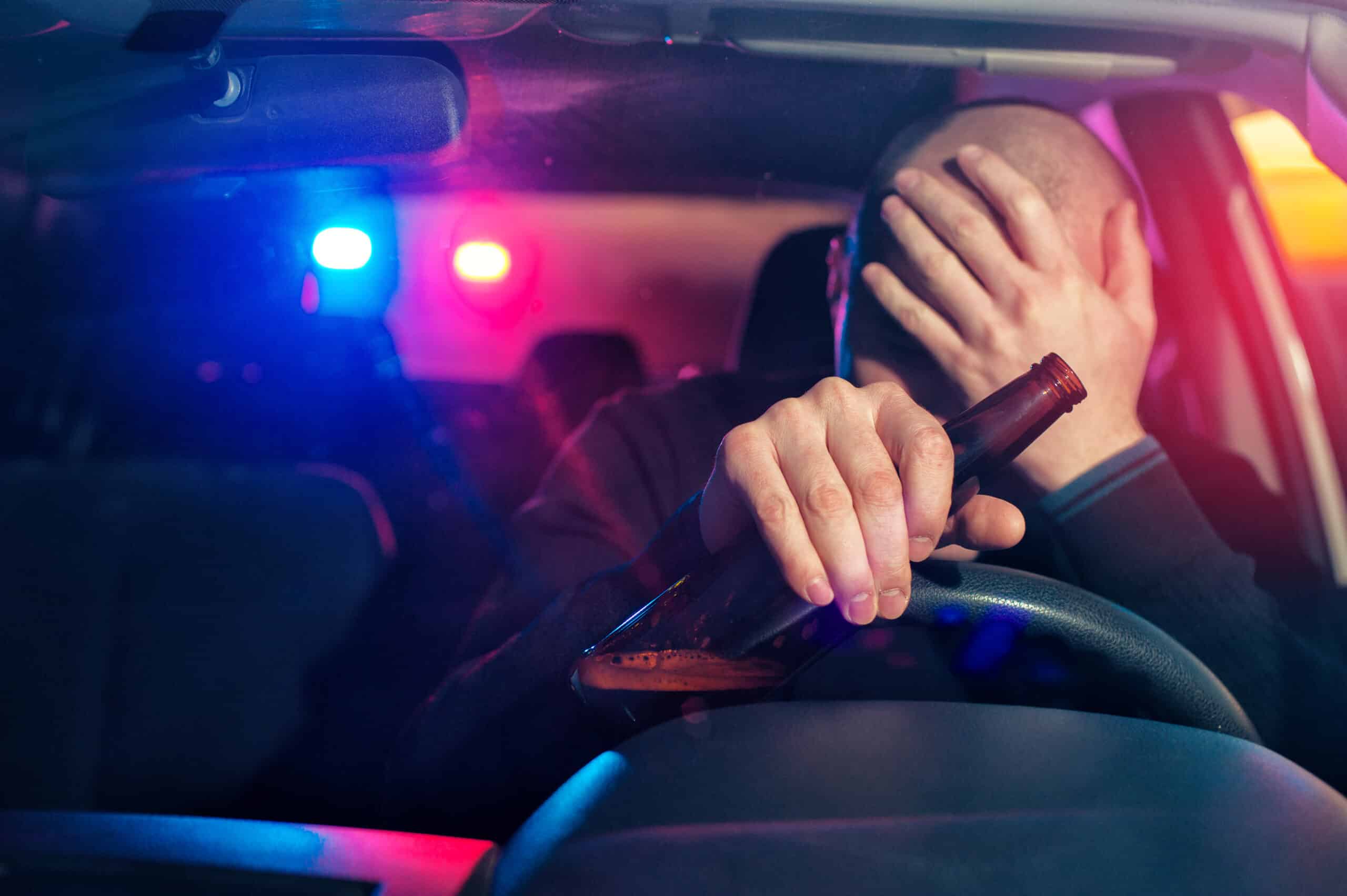Will You Be Sent to Jail for a DUI Conviction?
California courts may send convicted DUI (driving under the influence) offenders – including first-time offenders – to jail, but whether you go to jail for DUI depends to a great extent on how your case is handled. You must have the advice and services of a Los Angeles DUI lawyer.
This cannot be emphasized strongly enough. If the police arrest you in Southern California and you are charged with DUI, the court will not be lenient, and you won’t be allowed to “skate” on the charge merely because you’ve never had legal trouble before.
How does California law define DUI? What are your rights if you are charged with DUI in Southern California, and what steps should you take? When should you reach out to a Los Angeles DUI attorney?
What Constitutes DUI in California?
You are driving under the influence, according to California law, if your mental or physical abilities are impaired to the extent that you “no longer have the ability to drive with the caution characteristic of a sober person of ordinary prudence” under comparable circumstances.
A California driver may be charged with DUI when that driver’s blood alcohol concentration (BAC) level surpasses 0.08 percent. However, if a police officer believes that you cannot drive safely, you may be charged with DUI even if your BAC level measures below 0.08 percent.
What Penalties Are Possible for a California DUI Conviction?
For adult drivers who have standard licenses, California courts may impose the following penalties for a misdemeanor, first-offense DUI conviction:
- a $390 to $1,000 fine and/or up to six months in a county jail
- a three-to-five-year probation term
- court-ordered participation in treatment, or court-ordered drug or alcohol education classes
- a driver’s license suspension distinct from any license suspension ordered by the Department of Motor Vehicles
- installation in the offender’s personal vehicle – for six months – of an interlock ignition device (IID)
When is DUI Considered a Felony in California?
In California, second and subsequent DUI offenses entail increasingly harsher penalties for each conviction. DUI is prosecuted as a felony in California when:
- It’s an offender’s fourth DUI offense within ten years.
- The offender has a DUI felony conviction within the last ten years.
- While impaired, the offender caused an accident that injured or killed another person.
Can Your Lawyer Have Your DUI Charge Dropped or Dismissed?
A DUI defense lawyer’s usual first step is seeking to have a DUI charge dropped or to have the case dismissed. You can avoid a DUI conviction in Southern California, and you will not be sent to jail, if the state drops the charge or the case is dismissed by the court.
The prosecutor may drop the charge, or the court may dismiss the case, if your DUI lawyer can present evidence that you were stopped by the police without reasonable cause, that evidence against you was obtained unlawfully, or that the case against you is weak or flawed.
Can You Avoid Jail With a Plea Bargain?
If the charge can’t be dropped and the case is not dismissed, there may be other ways to avoid jail. Prosecutors frequently offer plea deals to first-time DUI defendants. If you are charged with DUI and you are offered a plea deal, discuss the offer with your Los Angeles DUI lawyer.
A plea bargain usually requires a defendant to plead guilty to a reduced charge. In exchange, the prosecution offers reduced or alternative sentencing, and in some plea bargains, offers to remove the possibility of jail time.
However, not every DUI defendant will be offered a plea bargain, and accepting a particular plea agreement may or may not be in your best long-term interests. You and your Los Angeles DUI attorney should carefully review the details of any offer before you accept or reject it.
Will Your DUI Case Go to Trial?
If you believe that you’re not guilty of DUI, and if the charge can’t be dropped or the case dismissed, you have the right to plead not guilty, and you have the right to a trial by jury. If you exercise your right to a DUI trial, your lawyer will make it clear to the jurors why you should be acquitted, and your lawyer may present one of these standard defenses on your behalf:
- There was no probable cause for you to be stopped in traffic by the police.
- The breathalyzer device was working improperly or the test was conducted improperly.
However, depending on the details of the DUI incident, one of these less common defenses may be offered:
- You were driving to prevent something worse than DUI (the necessity or duress defense).
- You were not actually operating a motor vehicle.
Can You Avoid Jail If You Are Convicted of DUI?
If you are convicted of DUI in this state, serving time in jail is a real possibility. Many convicted DUI offenders serve some jail time. Many others avoid jail but are placed immediately on probation.
If you are convicted of DUI, your defense lawyer will explain to the judge why probation rather than jail is the appropriate sentence. When determining whether a convicted DUI offender will be sentenced to jail or probation, a judge will consider:
- the severity and details of the DUI incident and the conviction
- whether an offender caused a collision or injury while driving under the influence
- whether an offender has prior DUI convictions or other criminal convictions
- the extent of an offender’s alcohol dependency or abuse
If You Are Charged With DUI, Who Should Defend You?
Attorney Rob Samudrala is the DUI Defense Group’s founder and Senior Attorney. He is a former prosecutor who has substantial experience in Southern California’s criminal courts.
In 2008, he dedicated his practice to DUI defense, and since that time he has successfully represented hundreds of DUI defendants. If you are charged with DUI, now or in the future, the DUI Defense Group offers an in-depth evaluation of your case without cost or obligation.
Attorney Rob Samudrala will ensure that you are treated justly and properly by the court. From anywhere in Southern California, you can contact the DUI Defense Group by calling 866-927-3295 and scheduling that first case evaluation.



